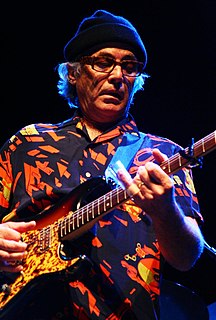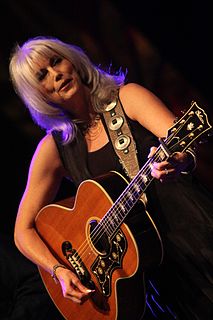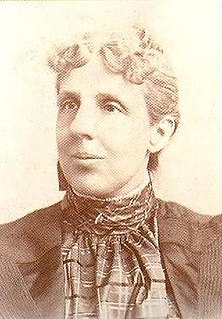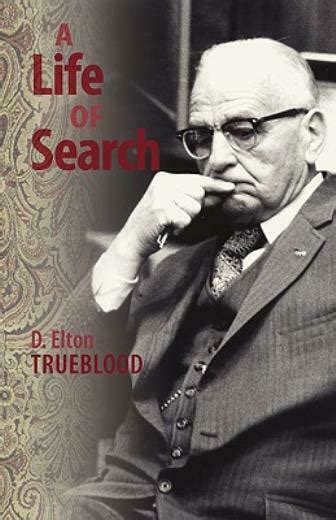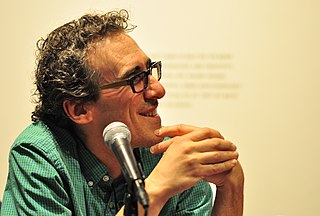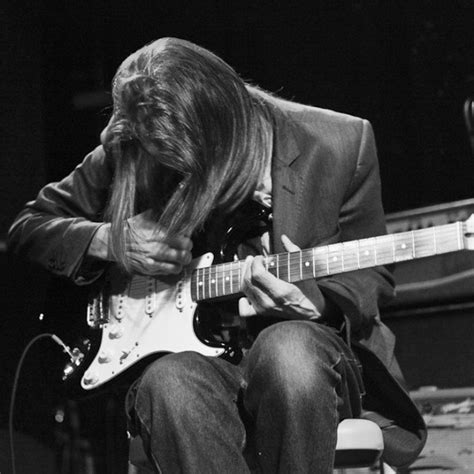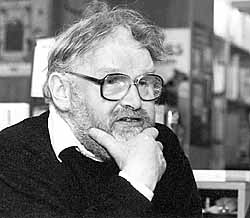A Quote by Ry Cooder
Related Quotes
Since the beginning of establishment, poets and spoken word artists have always been both vocal supporters and critics of government. And in this age of Trump as President, alternative facts, falsehoods becoming truth at the send of a tweet, it's vital that spoken word poetry does its job helping to keep folks 'woke' and not numb or shut down.
Comeback records always worry me, especially when they're made by one of my heroes, and I'd heard stories about Gil Scott-Heron recently, about drug arrests and prison terms and other troubles. I wasn't prepared for the ravaged shakiness of his voice on this record or the raw spoken word pieces or the dark electronic backgrounds.
I think you can perform any poem. But what I believe is that the best examples of spoken word poetry I've ever seen, are spoken word poems that, when you see them, you're aware of the fact they need to be performed. That there's something about that poem that you would not be able to understand if you were just reading it on a piece of paper.
If the lost word is lost, if the spent word is spent If the unheard, unspoken Word is unspoken, unheard; Still is the spoken word, the Word unheard, The Word without a word, the Word within The world and for the world; And the light shone in the darkness and Against the Word the unstilled world still whirled About the center of the silent Word. Oh my people, what have I done unto thee. Where shall the word be found, where shall the word Resound? Not here, there is not enough silence
We are in love with the word. We are proud of it. The word precedes the formation of the state. The word comes to us from every avatar of early human existence. As writers, we are obliged more than others to keep our lives attached to the primitive power of the word. From India, out of the Vedas, we still hear: On the spoken word, all the gods depend, all beasts and men; in the world live all creatures...The word is the name of the divine world.
My first spoken word poem, packed with all the wisdom of a 14-year-old, was about the injustice of being seen as unfeminine. The poem was very indignant, and mainly exaggerated, but the only spoken word poetry that I had seen up until that point was mainly indignant, so I thought that that's what was expected of me.
A good poem is a tautology. It expands one word by adding a number which clarify it, thus making a new word which has never before been spoken. The seedword is always so ordinary that hardly anyone perceives it. Classical odes grow from and or because, romantic lyrics from but and if. Immature verses expand a personal pronoun ad nauseam, the greatest works bring glory to a common verb. Good poems, therefore, are always close to banality, over which, however, they tower like precipices.
